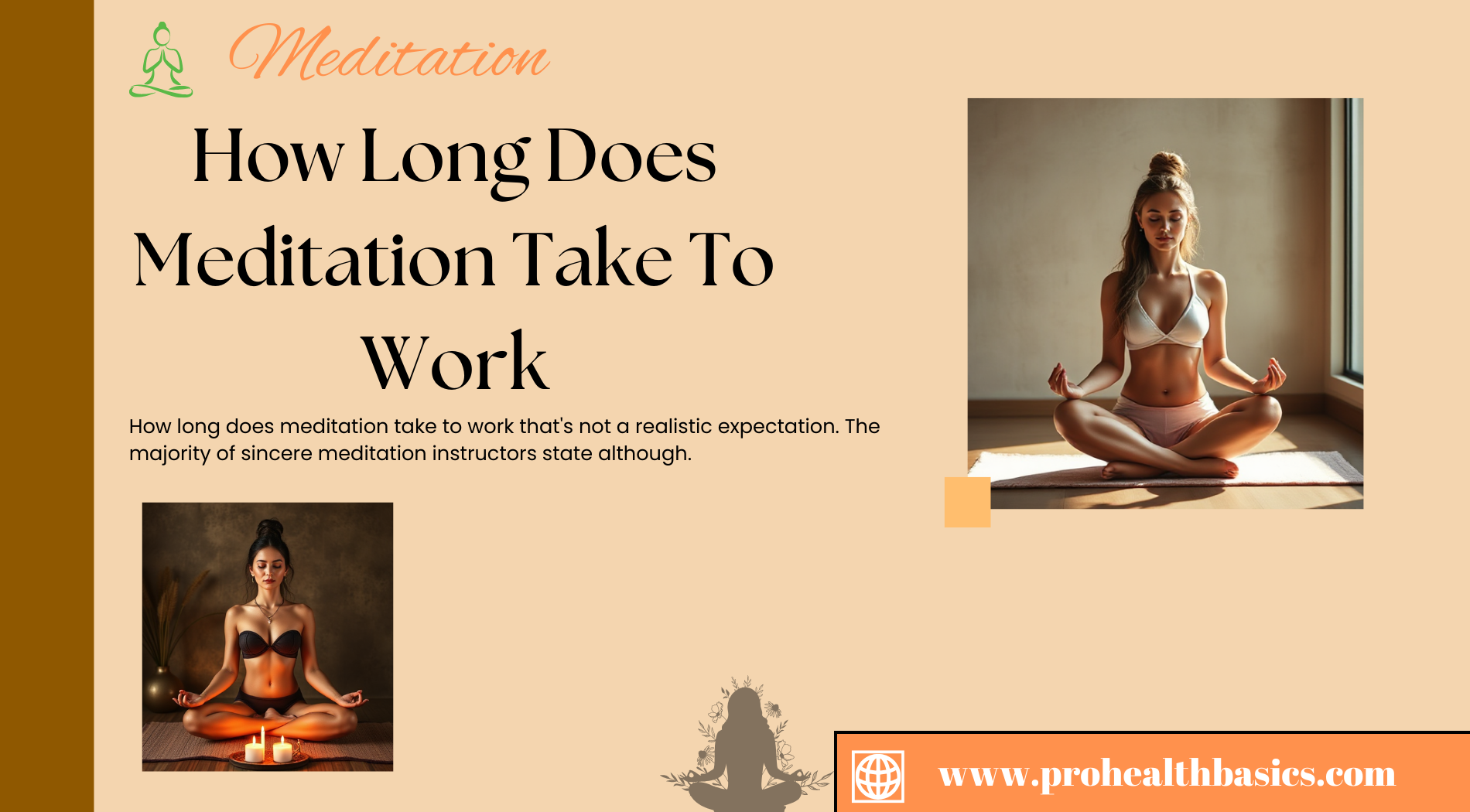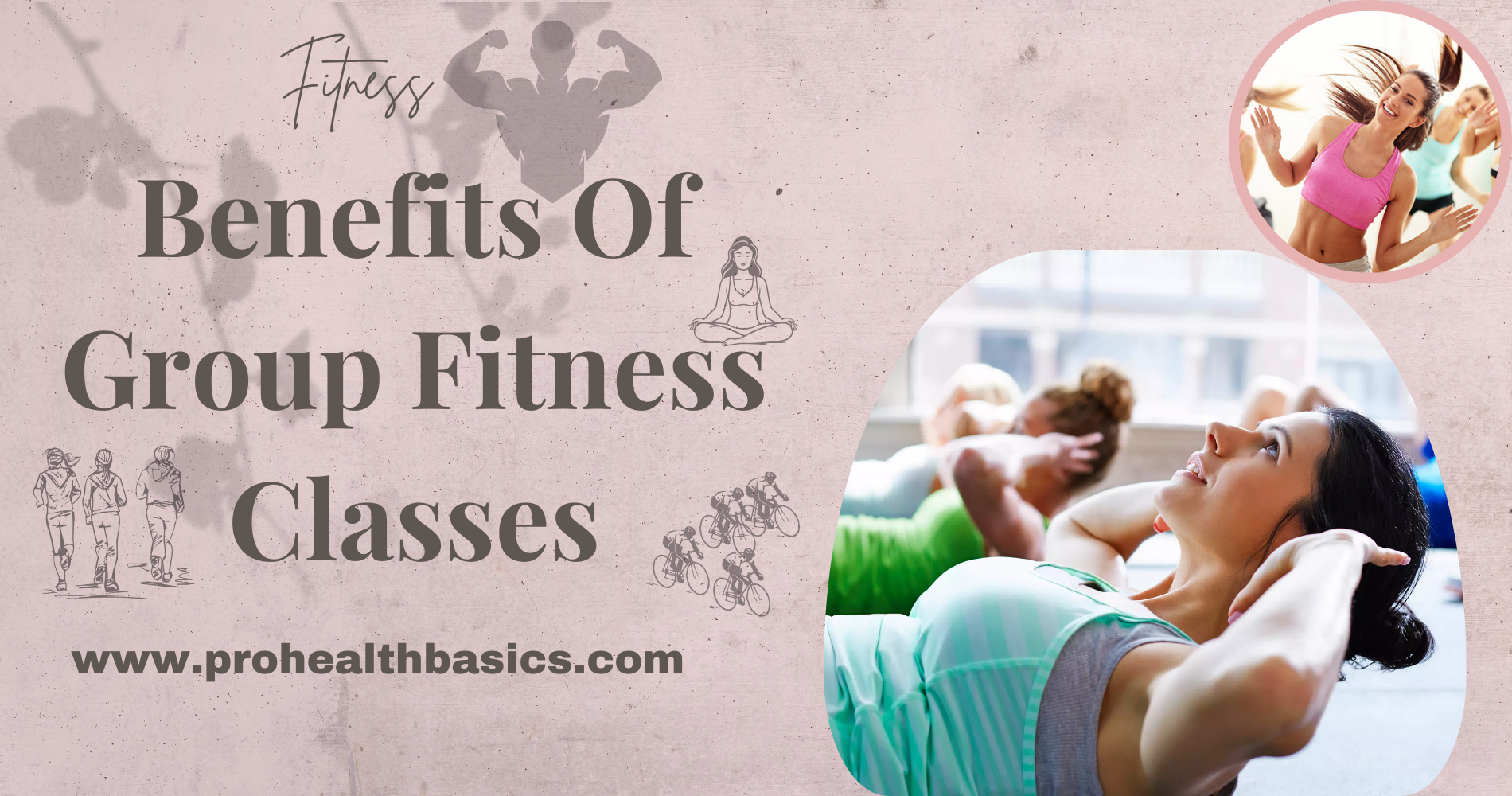Similar to physical fitness, mental fitness has numerous advantages. However, what exactly does mental exercise entail? Can you crunch a brain? We are aware of the significance of physical health. We can work on it in a variety of ways, such as outside jogging and walking, in an HIIT class, or with a trainer at the gym.
Each of us combines different activities to keep our bodies healthy and in excellent condition. What was the outcome? You gain stronger muscles, which improves your day-to-day functioning. Physical Fitness For Mental Health You are more resilient to mishaps and injuries, stronger, leaner, and possess greater energy or endurance.
We are "fit," operating at a greater level of health. More able to enjoy life and more equipped to handle the daily responsibilities (running after pets and kids, carrying shopping bags, etc.). Reaching maximum health can result in a sense of accomplishment, reduced stress, and more positive feelings.
What benefits can mental fitness offer?
Having and sustaining a state of wellbeing and developing consciousness of our thoughts, feelings, and behaviors are two aspects of mental fitness. Physical Fitness For Mental Health Mental fitness benefits us in a similar way to physical fitness, giving us a better capacity to react to life in all its richness.
It gives us greater freedom to decide how to react to a given circumstance, whether it be an idea, an outside stimulus, or an emotion. We are therefore less prone to suffer (or cause) emotional and interpersonal harm.
How can one achieve mental fitness?
In our brains, thoughts travel along cerebral pathways. These routes resemble ruts that have developed and hardened over time. You may realize that commuting the same way every day lets you go to work in autopilot.
Repetition of a certain thought pattern strengthens the corresponding brain pathway, leading to automatic thought patterns. Although having a regular routine might be beneficial, we must be conscious of our cognitive patterns and the paths we unintentionally reinforce.
What advantages can mental fitness offer?
Learning mental fitness can benefit you and others.
- Attention: When we are mindful, we are more able to listen, remember information, and recognize distractions without being negatively impacted by them. This results in better connections, a greater sense of happiness in life and improved interpersonal skills.
- The ability to act, not just react: We can choose to react in a less emotional and more logical manner when we have more control over our instinctive brain processes. This keeps more options available in any setting and enhances our connections and worldview.
- Enhanced mental performance: Both personally and professionally, improved attention, processing speed, memory, concentration, time management, and communication are beneficial. Recalling details about friends and family, significant events, and punctuality enhances relationships.
- I hope there are increasing feelings of positivity. Being more conscious makes it possible to recognize and rephrase ideas in ways that are more beneficial. Positive attitudes are shaped by kindness and compassion, which results in more constructive conduct.
- More assurance: Our relationship with ourselves gets stronger when we are optimistic. As our self-efficacy and self-esteem improve, we may become more focused on our strengths. Self-efficacy is the belief in our own talents. Being aware leads to an increase in empathy and self-compassion.
- The capacity to form virtuous habits across all facets of life: There is always a need to develop new, more suited habits. Our capacity to form habits is enhanced by time management, self-efficacy, and mindfulness.
- A better night's sleep: Similar to physical health, having a fit mind helps you sleep better.
Read also: Life Time Fitness: A Guide to Reaching Your Fitness Goals
Why it's critical to consider your mental health
One good thought for every three negative thoughts is produced by our chimpanzee brain, which has a negativity bias. This may lead to mistakes in thought. "All or nothing," or polarized thinking, in which we categorize circumstances as absolutes, is a common form of bias.
We talk about how she never listens or "I'm always late, but we never deal with the current issue. The chimp's brain is also the source of assumptions. Physical Fitness For Mental Health Here, we store unconscious prejudice and make snap judgments without first considering the available data.
Another cognitive fallacy is mind-reading, or the idea that we can infer the emotions or thoughts of others. In this scenario, we see danger and take precautions to avoid it. We also tend to use terms like "must" and "should" that imply shame and obligation.

What mental exercises are there?
Playing games, solving puzzles, and using brain training applications that increase processing speed can all help you enhance your memory and cognitive performance. Still, mindfulness seems like the best kind of exercise.
Acquire the skill of meditation. As a certified mindfulness practitioner and teacher, I've witnessed the benefits of skill development for my coaching clients. It's one of the nicest things you can do for yourself and others to incorporate into your routine, like taking a shower.
9 strategies to start being more mentally healthy right now
- Get moving: The body and mind are related. Exercise calms the mind and body like mindfulness does the muscles. Additionally, it may contribute to the sensation of accomplishment that forms the basis of Martin Seligman's PERMA model of happiness.
- Drink and eat wisely. Maintain proper hydration, as your brain requires water to perform at its best. Eating a daily range of fruits and vegetables with multiple colors promotes the best possible gut and brain health.
- Meditate every day. Establish a schedule that suits you and stick to it. Over time, even fifteen minutes a day will yield noticeable results. As with exercising or training a dog, consistency is essential. If you're new to an app, start with a beginner's program on Tripp. Once you understand the fundamentals, all you need is a timer.
- Write in a gratitude diary: This might be as simple as a handwritten notebook or a Word document on your computer. Keep it visible and updated on a regular basis. Developing a "gratitude attitude" facilitates the development of more positive feelings and encourages optimistic thought patterns. According to numerous studies, optimism and better health are positively correlated. Our general state of health is indeed influenced by our mental state.
- Make a point of observing new things each day. This can be as simple as making it your goal to track three instances during the day when you moved from sitting to standing. It seems easier than it is. While we are performing this action, we are mostly using our unconscious, or automatic, mind. Your brain is trained to become more mindful when you notice.
- Take up relishing: An intervention from applied positive psychology is called savoring. It is a five-day period where you slow down at specific times. Hugging a loved one, enjoying a meal, sipping coffee, taking in the first breath of fresh air after venturing outside, or simply sinking into bed after a demanding day are some examples of these special moments.
- Make a habit of observing your thoughts. Whenever feasible, reframe. Do you think this is helpful? Is this considerate?
- Become mindful of your body: For five minutes, sit with your eyes closed or gently concentrated, and take in a body scan. Focus on each body part from head to toe, starting with your head. Concentrate and deliberately breathe in the area where you feel tension building until it releases. Engage in this everyday practice to raise your awareness of your body's processes. What is she trying to tell you? Develop the ability to focus your attention on particular things.
- Remember your monkey: List the new neural pathways (enabling concepts) you'd like to believe in and keep them prominent, like a post-it note. Anything from "I take inspired action" to "I have received fantastic feedback and know I can do it" can be used to describe this. The chimp brain is reassured that there is proof it is safe by a clear reminder.

Five instances of mental wellness
Recall that developing mental abilities and maintaining mental health and strength do not guarantee happiness or immunity to adversity. What, then, is the appearance of mental fitness?
When you are mentally fit, your life looks like these examples:
- Establishing sound boundaries. You set boundaries in relationships and other areas of life easily. These come to you easily, and you feel at ease setting boundaries again when you realize something isn't working well.
- Putting in some personal time. You develop the habit of regularly checking in on your values and emotions, as well as your goals and alignment with them.
- Investigating novel concepts and passions. You sense peace, openness, and curiosity. Novel or unfamiliar things are exciting rather than frightening or draining.
- Building a community. You are establishing and preserving relationships that support you in challenging your ideas and beliefs while also helping you stay rooted in your principles. Community nurtures and facilitates personal development.
- Extending your zone of comfort. You can stretch yourself with new difficulties and lean into progress when you have a solid emotional and social basis. You rebound from setbacks and grow from them.
FAQ's: Physical Fitness For Mental Health
How does physical fitness help with mental health?
Engaging in physical activity is beneficial not only for your body but also for your mind. Being physically active causes your brain to create feel-good hormones that improve your mood, concentration, self-esteem, and quality of sleep.
What are 5 ways to improve mental health?
- Connect with other people. Good relationships are important for your mental wellbeing.
- Be physically active. Being active is not only great for your physical health and fitness.
- Learn new skills.
- Give to others.
- Pay attention to the present moment (mindfulness)
What is physical health in mental health?
A person's physical health can be greatly impacted by a number of factors, including chronic illness, diet, exercise, and sleep quality. For instance, sleep loss can exacerbate anxiety and depressive symptoms. Exercise on a regular basis has been shown to improve mood and lower stress.
Why is it important to be physically and mentally healthy?
Our ability to attain and maintain mental health is aided by mental fitness, just as physical fitness keeps our bodies robust. When our mental health is good, we like our life, our surroundings, and the people that inhabit it. We are able to experiment, learn, be imaginative, and take chances.
What are 4 mental benefits of fitness?
Exercise enhances mental health by lowering anxiety, depression, and depressive symptoms, as well as by boosting cognitive performance and self-esteem. Additionally, it has been discovered that exercise helps with symptoms including social disengagement and low self-esteem.






